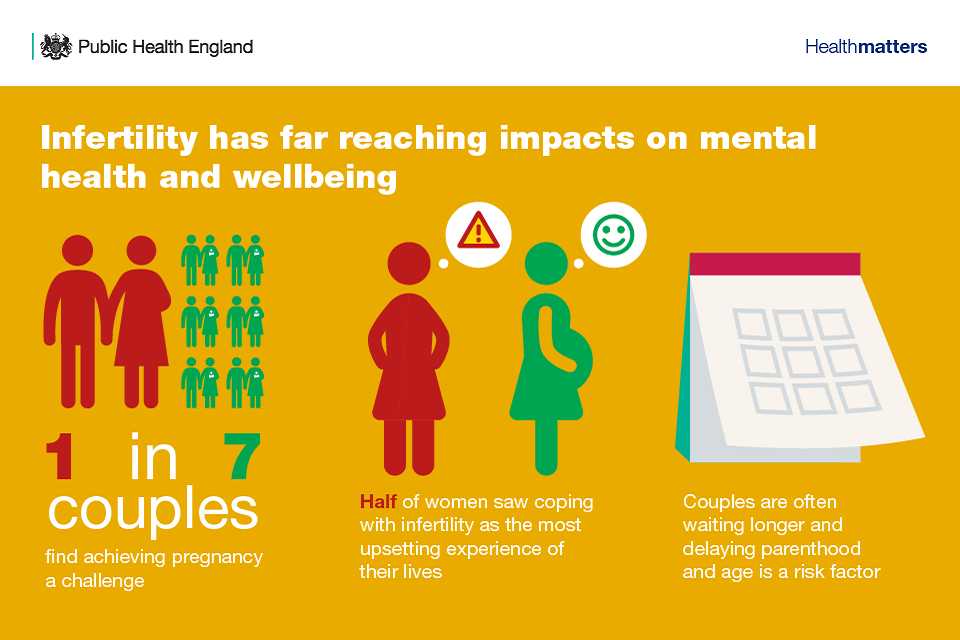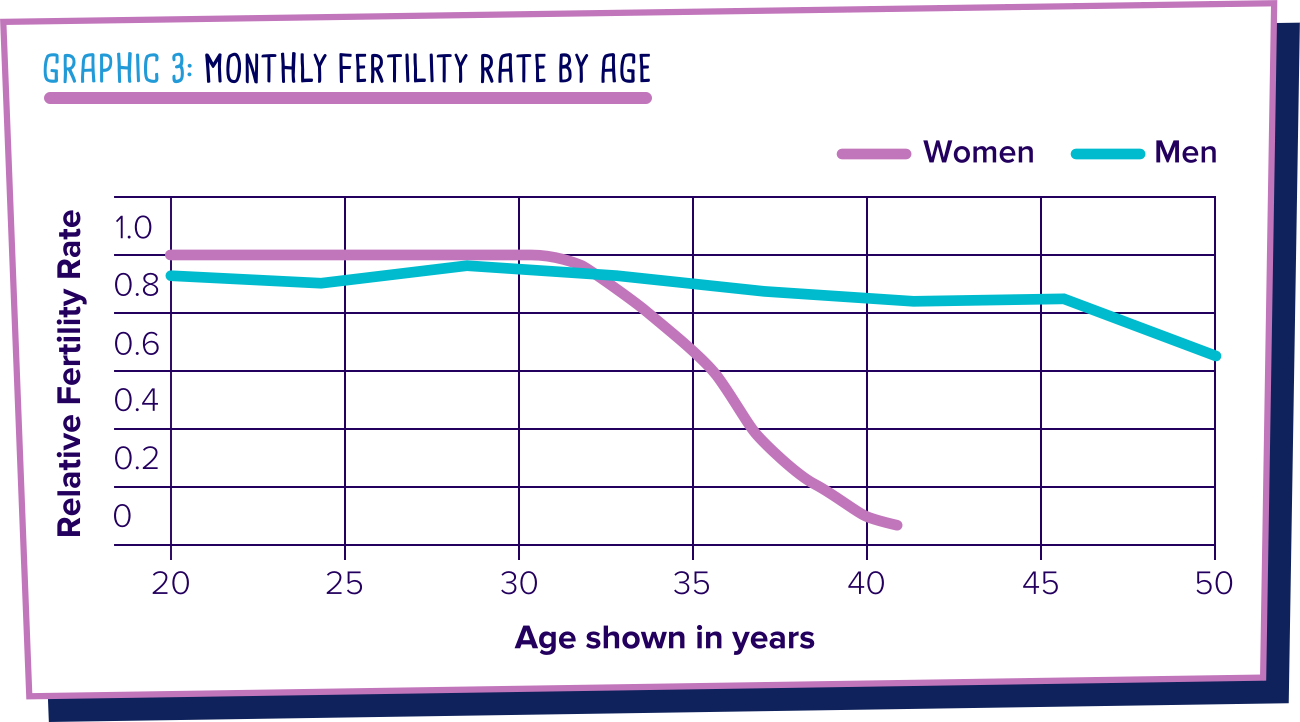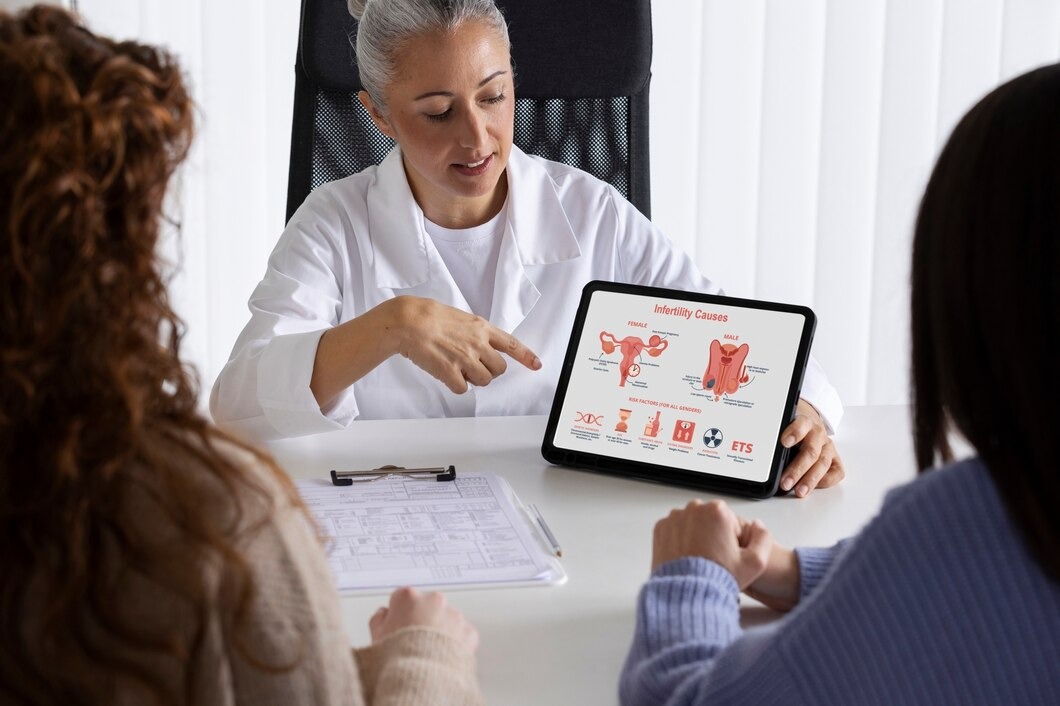In my last piece, The Girl’s Guide to Juggling Work, Life… and That Back Ache You Keep Ignoring, we talked about how we all tend to push our health to the back burner. But here’s the thing: it’s not just your back that deserves some attention. Reproductive health is another area we tend to put off until it becomes a priority or too late, and that’s something we should really start changing.
As women, we spend a lot of time juggling everything else in life, but we often forget to check in with ourselves. It’s time we put ourselves first whether it’s in our work, family life or health. And when it comes to reproductive health, it shouldn’t be left to only when we decide to have children. By being pro-active we open ourselves to multiple options.
View this post on Instagram
Reproductive Health Is Not All About Babies It’s Also About You
When we talk about reproductive health, it’s not just about having kids. That’s just a part of it, but other things like your menstrual cycle, your hormone levels and even conditions like PCOS (polycystic ovary syndrome) or fibroids play a big part in your overall health too.
It’s easy to think of reproductive health as a “someday” problem, but looking after it now can help with so many other aspects of your health. For instance, 1 in 10 women in the UK are affected by PCOS. And by being pro-active in managing the symptoms with diet and exercise, you can ensure a healthier physical and reproductive life.

When Should You Start Paying Attention to Your Fertility?
Most women focus on fertility when they are planning to have kids but in some cases making a head start at an early age would be advisable. Commonly 35 is considered to be the age when people start taking fertility seriously. But here’s the truth: while fertility does drop in your 30s (especially after 35), it’s not a sudden nosedive. You still have time, but the sooner you start thinking about it, the better.
By 35, women’s fertility begins to drop by the age of 35 but it’s not the same for women and hence we need to take steps to prolong our fertility. 1 in 7 couples have difficulty conceiving in the UK and undergo fertility treatments for regular ovulation along with IUI and IVF treatments.
For those currently not considering having children, a quick check-up and some simple lifestyle changes like diet, vitamin intake and a good sleep schedule can help you in the long-run.

Source: british fertility society.org.uk/
Why Regular Check-ups Are More Important Than You Think
Check-ups can seem daunting and scheduling a doctor’s appointment is even more difficult. But here’s why it matters: regular gynaecological exams, fertility assessments, and even ultrasounds are all ways to make sure everything is running smoothly down there.
Plus, it’s always better to catch things early. Conditions like fibroids or polyps can sometimes affect fertility, but with early intervention, they’re a lot easier to manage. So, schedule that appointment and think of it as investing in your future self. After all, taking action now could save you a lot of time and stress later.
5 Fertility Myths We Need to Stop Believing
Let’s address some of the myths that seem to pop up every time we talk about reproductive health. It’s time to set the record straight with some no-nonsense truth.
- “You can’t get pregnant after 35.”
False. While fertility does decline, many women over 35 still get pregnant naturally. It might take a little longer, but it’s far from impossible.
- “PCOS means you can’t get pregnant.”
False. While PCOS can make conception harder, it doesn’t make it impossible. With the right support and treatments, many women with PCOS have successful pregnancies.
- “You only need to worry about fertility when you’re ready to have kids.”
False. It’s never too early to start thinking about reproductive health. The earlier you know your body’s rhythms, the better.
- “The pill means you’ll never have trouble conceiving later.”
False. Stopping the pill doesn’t guarantee that conception will be easy right away. Fertility doesn’t work like an on/off switch.
- “Once you’re 40, it’s game over.”
False. Yes, fertility decreases as we age, but women in their 40s do still conceive, sometimes with the help of fertility treatments. It might take longer, but it’s far from over.
View this post on Instagram
Stress, Diet, and Exercise – Why They Matter More Than You Think
When it comes to fertility, your lifestyle has a lot more impact than you might think. Stress, poor diet, and lack of exercise can all mess with your hormone levels and affect your chances of conceiving.
A healthy BMI, regular exercise, and a balanced diet can make a big difference in your reproductive health. And let’s not forget mental health – stress can severely impact your menstrual cycle. Keeping stress levels down and eating well can help keep everything in check.
Trusted Resources You Can Rely On
While you may feel like you are going through this on your own, you’ll be surprised with how many feel and go through the same issues.
- The Fertility Network UK offers free support, advice, and information to anyone affected by fertility issues, including those trying to conceive, undergoing treatment, or living without children.
- The Hull & East Riding Fertility Clinic is East Yorkshire’s specialist fertility centre, offering a comprehensive range of treatments including IVF, ICSI, egg freezing, and sperm recovery.
Take Charge Now – It’s Never Too Early to Start
In conclusion, reproductive health shouldn’t be something you worry about when you’re ready to have children, it should be something you care about from the start. It’s a key part of your overall health, and there’s no time like the present to start looking after it.
So take the first step today and book that check-up, have that conversation, and most importantly, invest in your future self. You’re worth it.

